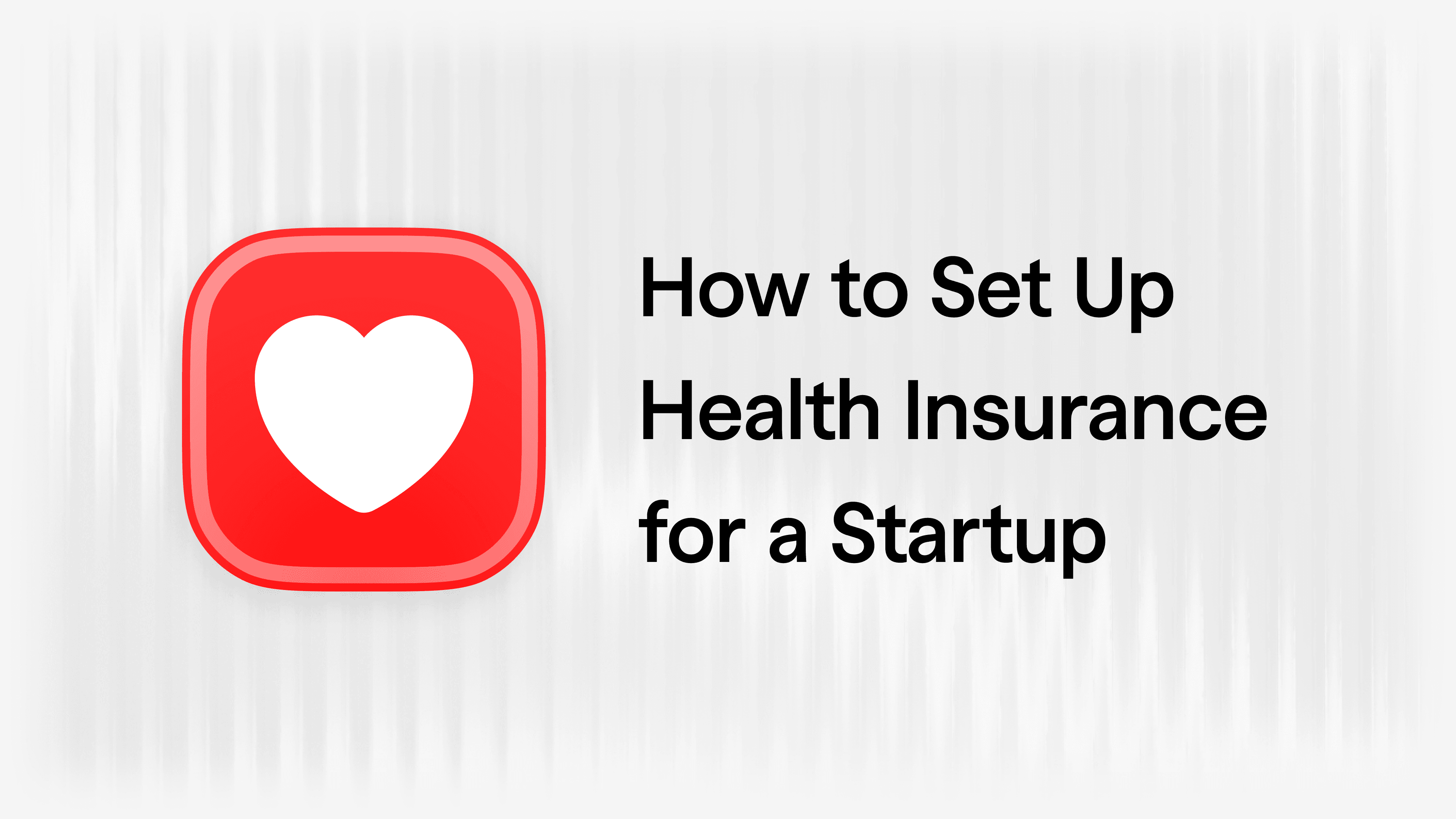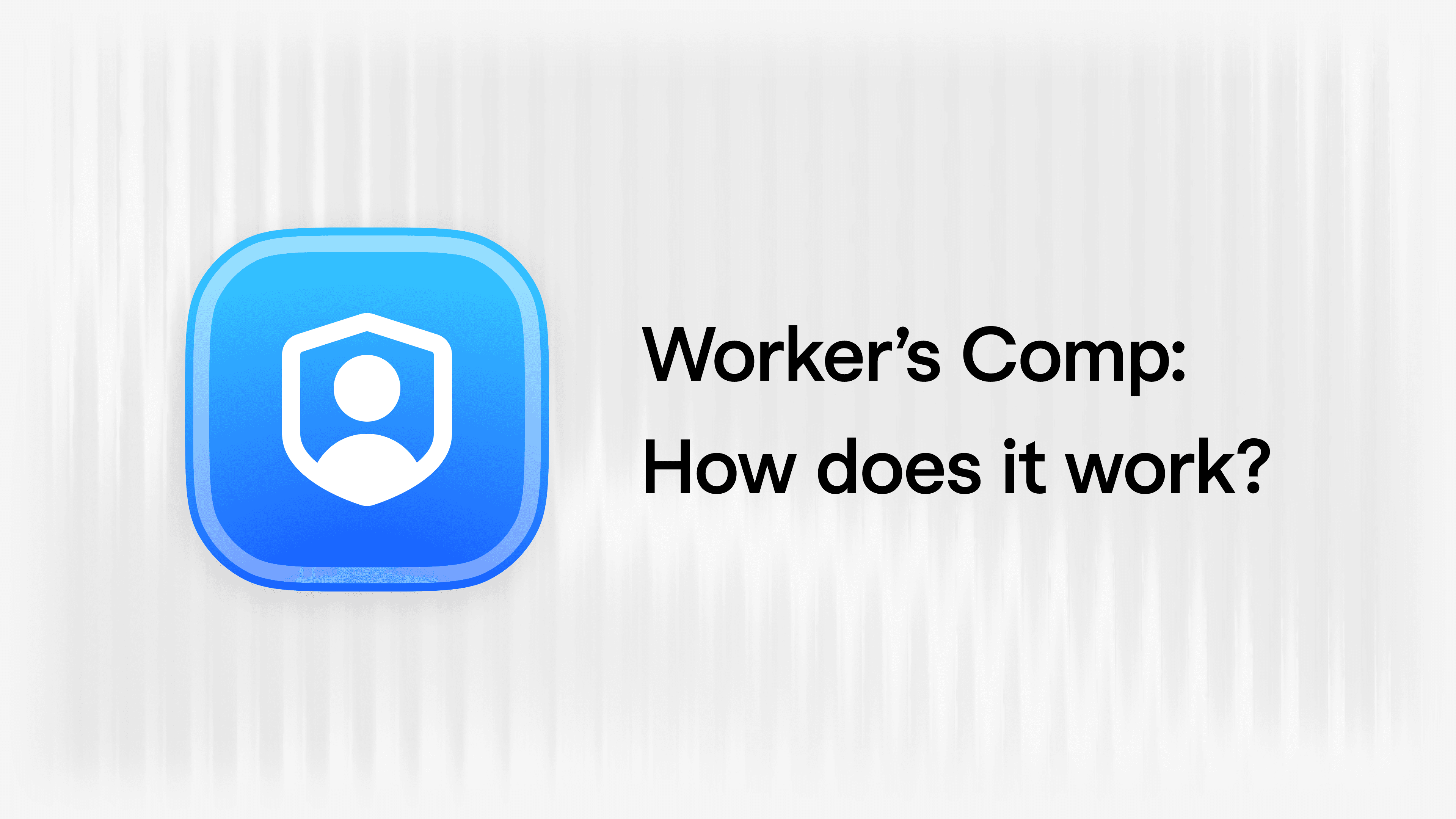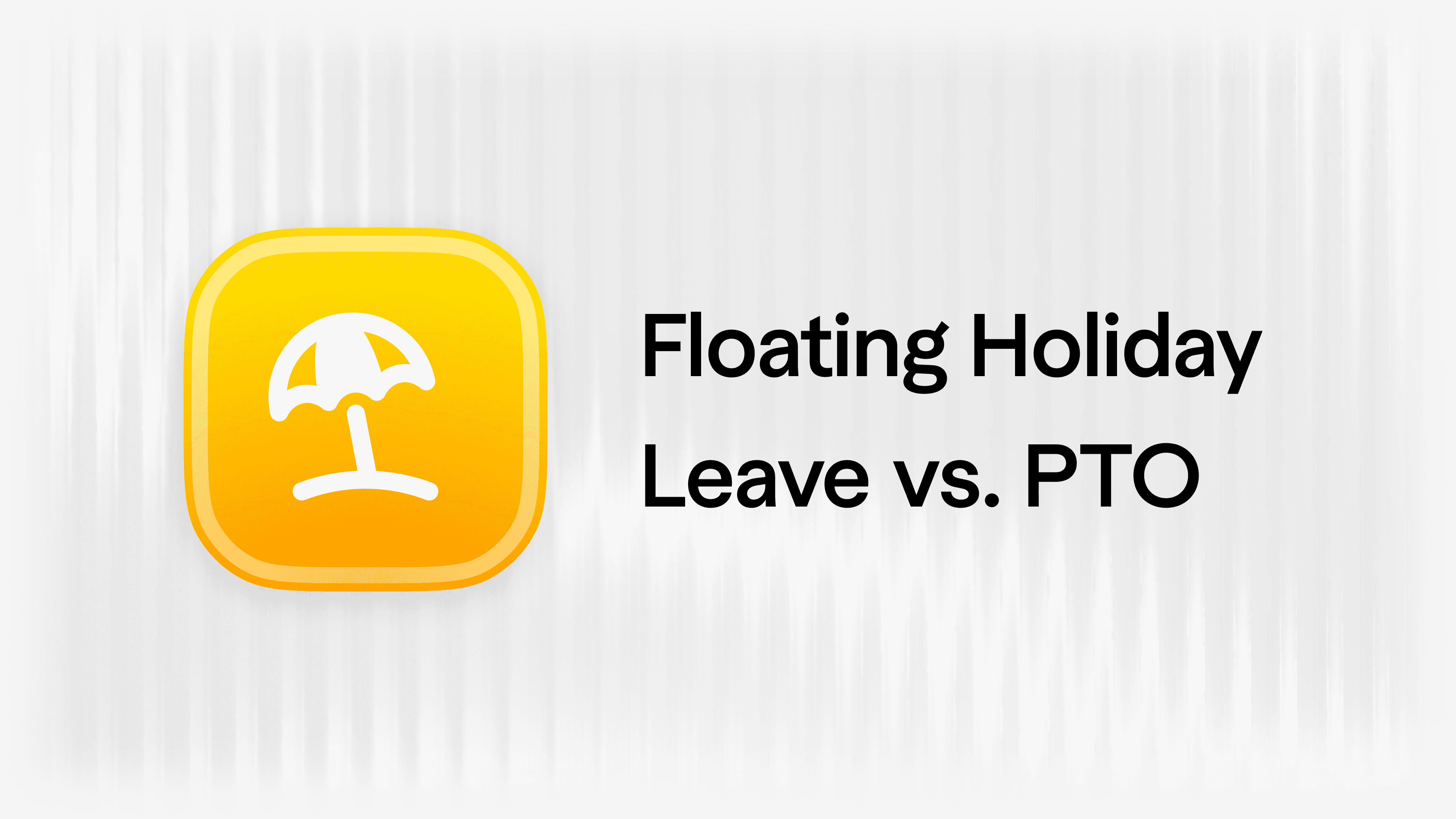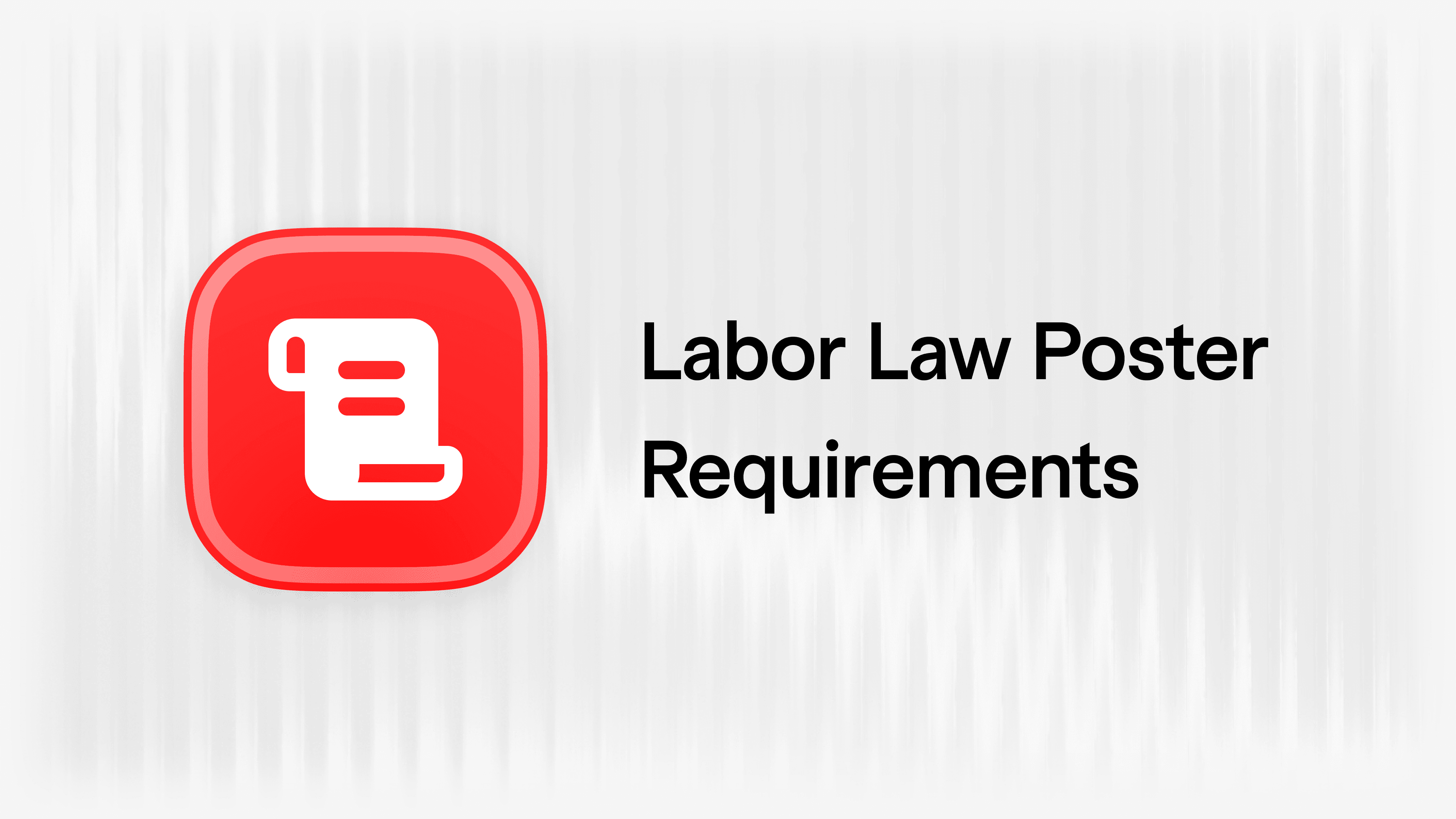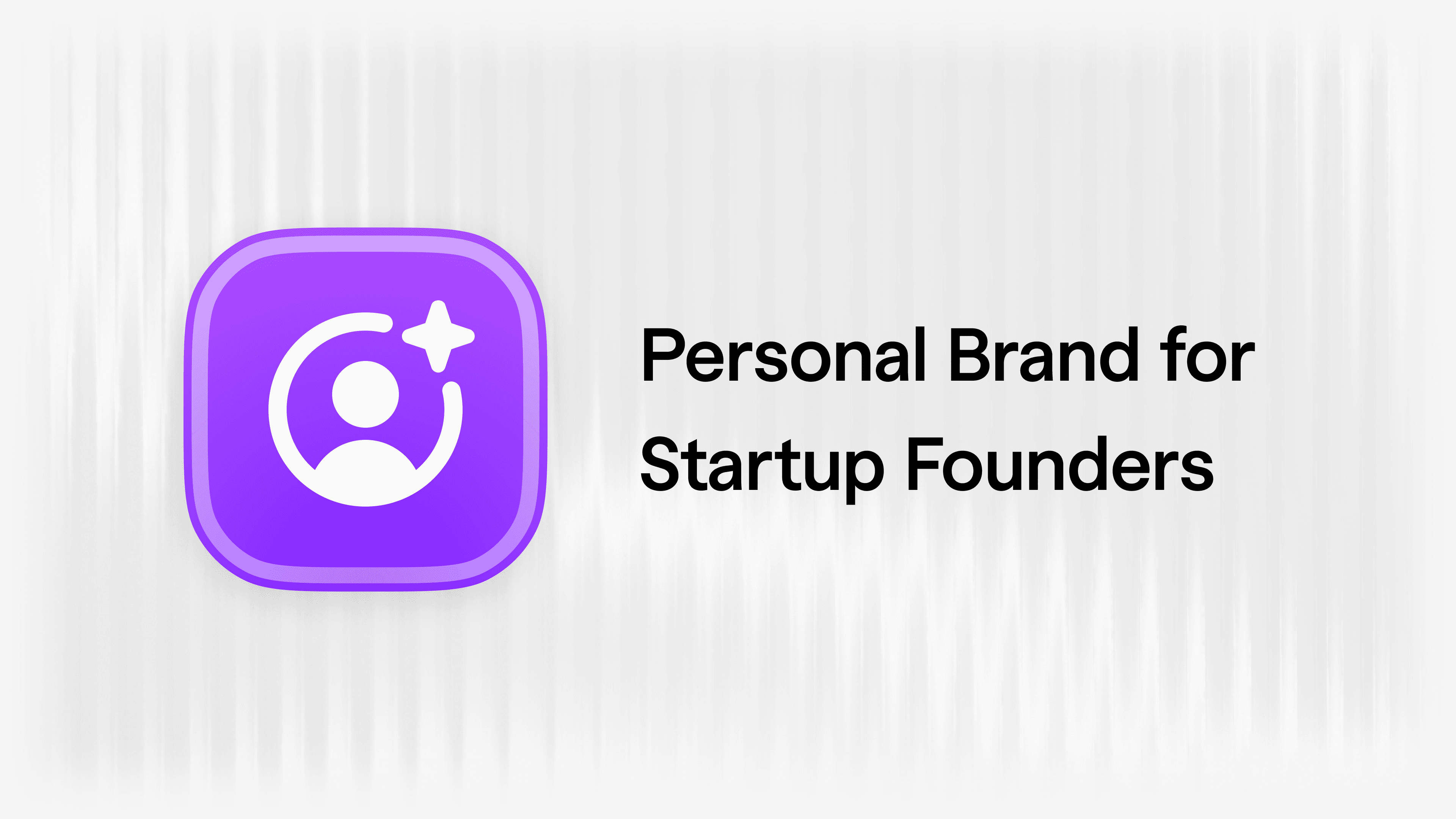It's a well-known fact that the right combination of perks helps companies attract and retain top talent --- and a comprehensive health insurance plan is at the top of the list of sought-after benefits.
PeopleKeep revealed that, among all the insurance benefits employees were surveyed on, 87% of respondents said that health insurance was very or extremely important to them.
So, even if you're not required to offer health insurance to your employees, there's a huge upside to doing so. The problem? The health insurance industry is heavily regulated, meaning there are many guidelines and compliance requirements to meet if you intend to provide this benefit to your workforce.
In this blog post, we'll walk you through everything an employer needs to know about health insurance, including:
- What is employer-sponsored health insurance?
- Four benefits of employer-sponsored health insurance
- How does employer-sponsored health insurance work?
- Are startups legally required to provide health insurance to employees?
- Which employees qualify for health insurance?
- How much does health insurance cost for startups?
- Where to find the right health insurance plan for your startup
- How to offer health insurance to your employees in 3 steps
- Four alternatives to employer-sponsored health insurance
- Warp: A benefits administration platform you can rely on
What is employer-sponsored health insurance?
Employer-sponsored health insurance is a health care plan that companies offer to employees as a key part of their benefits package. It's also often called group insurance since it provides health coverage for a group of people.
This type of insurance helps employees and their covered family members (all referred to as plan participants) pay for medical expenses, such as doctor visits, prescription medications, lab tests, and emergency services.
Employer-sponsored health insurance differs from individual insurance because the latter is paid for by a single person to cover that person. Although the individual is responsible for the full cost of coverage, they also have complete control over the insurance carrier and plan they choose.
Four benefits of employer-sponsored health insurance
Offers tax benefits for employers and employees
In most cases, employers and employees share the cost of health insurance, which also means that tax benefits are available to both parties.
Health insurance costs are typically tax-deductible for employers, and companies with less than 25 full-time equivalent employees can receive tax credits (such as the Small Business Health Care Tax Credit) for discounted rates. Together, these tax benefits can shave thousands of dollars off your startup's federal and state tax bill each year.
Meanwhile, employee health insurance premiums are deducted from their paychecks before taxes are withheld, minimizing their federal and state tax liability by reducing their total taxable income.
Attracts and retains top talent
Findings from a different PeopleKeep report show that 82% of employees feel that a company's benefits package is important in determining whether an applicant accepts a job offer from that organization.
Since a comprehensive employee benefits package is one of the biggest incentives companies use to attract high performing employees, offering top-tier health insurance benefits can give you an edge on hiring over your competitors. Substantial health benefits also help you retain top talent while increasing employee engagement and loyalty within your company.
Creates a healthy and productive workforce
Investing in the health and well-being of your employees helps ensure that they stay productive. After all, employees who are constantly sick or having trouble concentrating will be less productive, take more sick days, and slow down the work produced by their teams.
This benefit extends to the health coverage you give their families too. When their family members have access to medical care, your employees will spend less time taking their kids to the doctor or nursing them back to health.
Gives employees access to affordable health care
Employees can save hundreds of dollars by participating in an employer-sponsored health plan, since employers often cover a significant portion of the cost themselves.
In addition, the more employees in your organization who are enrolled in your health insurance plan, the lower the cost is likely to be for them. The cost of the plan is spread out among more people, reducing the cost for everyone participating in the health insurance plan.
This sometimes brings the cost of group health insurance much lower than if an employee were to purchase individual insurance on their own, giving employees access to more health services than they may have been able to afford on their own. For instance, many group plans offer mental health services and alternative treatments --- options that often aren't available for people buying insurance on their own simply because it's too expensive for them.
How does employer-sponsored health insurance work?
Employers choose an insurance plan for their employees, which typically also covers health benefits for the spouse and dependents of participating employees. Employees decide whether they want to participate in the plan during the plan's enrollment period.
Employers share the plan's cost with employees, although they generally take on a more significant portion of it. Companies pay the cost of the plan each month, while the employee's portion of the premium is deducted from their paychecks before tax.
What's the difference between an HMO, PPO, EPO, and POS?
HMOs, PPOs, EPOs, and POS plans are the four main types of health insurance offered in the US. They differ in the size of their provider network, the accessibility of certain providers, coverage of out of network services, and premium costs.
Let's take a closer look at each of these four plans:
-
Health maintenance organization (HMO): HMO plans tend to be the cheapest of the four plans but have more restrictions. Participants can only receive care within a small network of providers unless it's an emergency. If your employees want to see a specialist, they must first receive a referral from their primary care provider.
-
Preferred provider organization (PPO): This type of plan offers employees the most freedom and flexibility. Participants have access to a larger provider network, don't need a referral to see a specialist, and can receive out-of-network care if they're willing to pay more for it. This makes PPO plans the most expensive type of plan out of the four. Still, despite the cost, PPO plans are the most common employer-sponsored health insurance plan.
-
Exclusive provider organization (EPO): EPO plans are similar to PPO plans, with a few HMO features mixed in. EPOs boast provider networks of a similar size to PPOs, and participants don't need a referral to see a specialist. However, they don't offer out-of-network coverage unless it's an emergency. The cost of these plans varies, but they are generally somewhere between an HMO and a PPO.
-
Point of service (POS): POS plans also share similarities with HMOs and PPOs, but there is much more variation between plans than the first three types. Typically, POS plans have smaller networks than PPOs, and coverage for out-of-network care is more expensive for participants. Premium costs also tend to be lower than those of PPO plans.
Keep in mind that this is just a general overview of these four plans, and the details of a specific plan may differ --- especially when it comes to EPO and POS plans. So, carefully read the details of your prospective plan before enrolling to fully understand the benefits your organization will receive.
What does health insurance cover?
Generally, employer-sponsored health insurance plans cover a portion or all of a plan participant's medical expenses. This includes visits with health care providers, hospital stays, prescription drugs, lab services, qualifying inpatient and outpatient procedures, preventative care, wellness services, and treatments from occupational or physical therapists.
Some insurers also include additional services, such as mental health benefits and coverage for alternative medical procedures, while others offer vision and dental insurance policies as add-ons to your core policy. Startups can also provide health savings accounts (HSAs) with certain health plans, which can give employees additional tax savings and support with their health-related expenses.
Since plans can differ significantly --- such as how much a particular plan covers for each type of care and when these benefits kick in --- encourage employees to review their plan benefits and talk to the insurer to determine how much a particular treatment or visit will cost.
Are startups legally required to provide health insurance to employees?
Because of the Affordable Care Act, employers with more than 50 full-time equivalent employees must offer health insurance plans to their workforce. Full-time equivalent employees work more than 30 hours a week, which means that part-time employees can meet this requirement if they work enough hours.
Businesses that meet this requirement are called Applicable Large Employers, or ALEs.
Nearly all businesses in the US fall under the small business category, so this requirement won't apply to many early stage startups. But as we touched on earlier, the benefits of offering health insurance, even when it's not required to do so, generally outweigh the costs.
Which employees qualify for health insurance?
Most employers that offer health insurance benefits offer them to full-time employees, while far fewer extend coverage to part-time employees. This is because employers aren't required to provide health insurance to part-time employees who work less than 30 hours a week.
Whether spouses, long-term partners, and dependent children under the age of 26 are also eligible for health insurance under an employer-sponsored plan is decided by the employer as well.
On the other hand, independent contractors, seasonal workers, and temporary employees are generally not eligible for employer-sponsored health insurance. Employees taking unpaid leave share the same fate until they return to work, unless companies choose to provide them with coverage.
However, employers must maintain health insurance coverage for employees taking leave under the Family and Medical Leave Act (FMLA) or a similar state law. These employees must continue to pay their share of the premiums for the duration of their leave.
How much does health insurance cost for startups?
The cost of a health insurance plan depends on several factors, including the type of plan you choose, your location, the number of participants, and the ages and health of participating members. Although it's not mandatory, many employers also offset their employees' health insurance costs to help keep this benefit affordable for their workforce.
According to ValuePenguin, health insurance for one employee costs $659 a month on average. Employers typically pay about $549 a month, while the employee pays the remainder of the cost. For employees with families, the average cost for employers increases to $1,363 per month.
This may seem steep at first, but keep in mind that employers can deduct the cost of health insurance from their business income to reduce their overall tax liability.
Where to find the right health insurance plan for your startup
Before you begin searching for a startup health insurance plan, you should already have an idea of what your workforce wants in a health insurance plan.
Do employees want dental insurance, vision insurance, and mental health services in their health insurance package? Or are they more budget-conscious and prefer a more bare-bones plan, even with a high deductible?
Once you understand what their healthcare priorities look like, use the methods below to find a health insurance plan that best meets the needs of your workforce.
Your state's SHOP marketplace
The Small Business Health Options Program, or SHOP, is a federal initiative that helps small businesses and nonprofits provide their employees with medical and dental insurance.
To enroll in health insurance through the SHOP marketplace, employers must meet the following requirements:
- Have a business address in the state you want to purchase SHOP coverage in
- Have between one and 50 full time equivalent employees
- Offer (or plan to offer) health care benefits to all employees working more than 30 hours a week
- Have at least one employee enrolling in coverage
If you're unsure whether you meet the eligibility requirements, fill out the SHOP Eligibility Determination Form provided by the Centers for Medicare & Medicaid Services.
Health insurance broker
Alternatively, you can work with a health insurance broker or agent to find the best plan for your startup. This option may be ideal if you don't have the time to sit down and compare your options or don't have the expertise to choose the best plan for your startup's needs.
The right agent will help you better understand the intricacies of employer sponsored health insurance --- such as important compliance requirements to adhere to and which providers are best for your specific needs --- so you can make decisions that adequately address your workforce's needs.
Once you choose a plan, your broker will help you navigate enrollment. They may even work directly with your payroll provider to ensure that your health plan is directly integrated with payroll.
You can find a reputable broker to work with through your state's SHOP marketplace, or ask people in your network if they can recommend anyone they've worked with in the past.
Professional employer organization
A professional employer organization, or PEO for short, is another organization you can work with to find and enroll in the best health insurance plan for your business.
A PEO is a company that provides HR administration services for small and mid-sized businesses. This makes them ideal for early-stage startups needing support with their HR tasks, including managing employee health benefits. And when it comes to enrolling in a health insurance plan for your company, they can negotiate deals with top insurance providers on your behalf.
How to offer health insurance to your employees in 3 steps
Here are the three steps to take to enroll your company in a health insurance plan. Note that this process may differ depending on how you found your health insurance plan and your insurance provider.
Research insurance carriers and choose a plan
It's essential to do your research to find the best insurance carrier and plan for your workforce. Focus your search on reputable companies with great reviews and customer service, as well as any features and benefits your employees seek in an insurance plan.
Generally, insurance carriers require between 50% and 75% of a company's workforce (not including spouses and dependents) to enroll in health insurance to qualify for and maintain a group plan. This is known as the provider's minimum participation requirement. The exact number varies by state and insurer, so ask the providers you're vetting before choosing one.
Before choosing a plan, consider the different coverage options, deductibles, copays, out-of-pocket costs, and additional benefits offered. You'll also want to decide how much of the monthly premium cost your company will cover and how much will be the employee's responsibility.
Consider getting feedback from members of your team before choosing a plan so you can better meet your employees' needs.
Inform your employees about the details of the plan
Once you've chosen your health insurance plan, educate your employees about their plan options and important enrollment information. For example, you'll want to communicate coverage details, premium costs, the start and end of the enrollment period, other enrollment requirements, and application forms to use.
Ensure someone is available to answer any questions employees may have about the plan and provide the contact information for this person to your employees.
Also, consider giving employees multiple ways to enroll in the plan --- such as online portals and paper forms --- to make it as easy as possible for them to sign up.
Verify enrollment with your insurance provider
Once your employees have finished enrolling in the new health plan, confirm with your provider that all of their enrollment information is updated and correct --- such as whether your employees (and spouses and dependents, if applicable) have enrolled in the correct plan. If you find any errors, correct them now so they don't cause an issue with your employees or the company down the line.
You may also need to provide your carrier with a signed waiver of coverage form from every employee who declines to enroll in your health plan. This will allow the insurer to remove that employee from your total count of employees participating in your health plan.
Four alternatives to employer-sponsored health insurance
The Center for American Progress found that employers spend more on health insurance than on any other employee benefit --- in fact, it's second only to employee wages. So, although this benefit can bring considerable advantages to employers and employees alike, the cost may not yet be feasible for some early-stage startups.
Don't worry, though: Here are some alternatives to help your workers with their health expenses at a more reasonable price.
Qualified small employer HRA
A health reimbursement arrangement or health reimbursement account (HRA) is an employer-funded health account that reimburses employees for qualifying health expenses. These expenses include premiums for individual health insurance plans and the cost of medical care.
Since individual health plans can cost less than small group plans in some states, HRAs are a great way to ensure your employees get the health care they deserve without breaking the bank.
Qualified small employer HRAs, or QSEHRAs for short, are a type of HRA made specifically for employers with less than 50 full-time equivalent employees. With this type of health benefit, employers reimburse employees tax-free on qualified health expenses up to the employer's maximum contribution limit.
Individual coverage HRA
Individual coverage HRAs (or ICHRAs) are another health benefit available to all employers, not just startups and small businesses. Similar to a QSEHRA, employers use these accounts to reimburse employees tax-free for health expenses like insurance premiums and prescriptions.
However, ICHRAs offer more flexibility than their QSEHRA counterparts since they don't have contribution limits. Employers can also set their own eligibility criteria for these accounts and different reimbursement rates for different employees.
Employee health stipends
Alternatively, employers can help employees cover the cost of their health care through health stipends. This option essentially gives employees an allowance for their medical expenses and other health care costs, giving them the freedom to choose what to spend these funds on.
Although this money is taxable for employees (unlike HRAs), they have fewer rules attached to them and can be used to cover a broader range of expenses. It's also important to note that employee health stipends aren't tax-deductible for employers.
Creating your own health insurance group
Companies also have the option to self-insure themselves, essentially acting as an insurance provider for their employees.
Employees pay premiums to their employer, and in exchange, the company assumes financial responsibility for their health care claims once the employee meets their deductible and out-of-pocket maximum --- just like a traditional insurer would.
But although this sounds doable enough for preventative care and smaller claims, covering a claim you don't have the budget for can result in extreme financial hardship for your startup --- and may even put you out of business.
Warp: A benefits administration platform you can rely on
Most startup founders understand the importance of investing in health benefits for their employees. After all, you take care of your people and they'll take care of you.
The problem for many lies in benefits administration. Managing the wide variety of benefits you offer your workforce is a full-time job in itself, and failing to comply with regulations (even if accidental) can result in severe fines and other penalties.
But with Warp, consider it handled.
Manage medical, dental, and vision benefits directly from your payroll platform for accurate and hassle-free deductions and tax filings --- all at no additional cost. Choose from over 30 top insurance carriers, including United, Kaiser, Blue Cross, Aetna, and Oscar. We'll even auto-enroll new hires for you so they can get covered immediately and you can focus on growing your business.
Find out if Warp is right for your startup by requesting a demo today.
